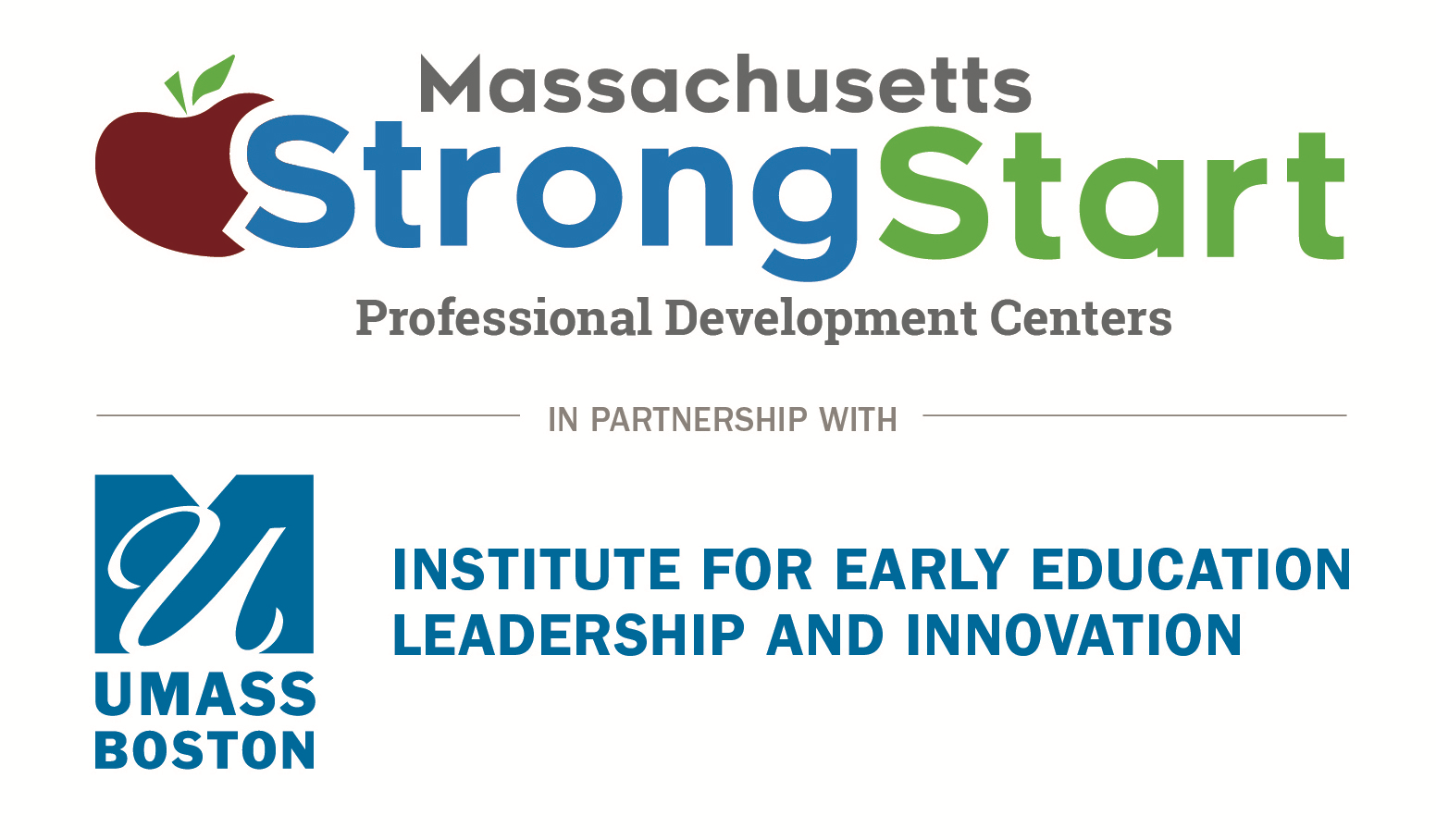Massachusetts updates curriculum frameworks for preschool and kindergarten settings
Are you looking for learning activities and supportive practices for your preschool classroom? Massachusetts recently updated its curriculum frameworks for preschool and kindergarten. The new 173-page guide is an incredible resource for educators, administrators, specialists, and paraprofessionals in preschool and kindergarten settings.
Guidelines for Preschool and Kindergarten Learning Experiences includes sections on
· Social Emotional Learning and Approaches to Play and Learning (Self Awareness, Social Awareness, Relationship Skills, Responsible Decision Making, and Approaches to Play and Learning)
· English Language Arts and Literacy (Reading, Writing, Speaking and Listening, and Language)
· Mathematics (Counting and Cardinality, Operations and Algebraic Thinking, Measurement and Data, and Geometry)
· Science and Technology/Engineering (Earth and Space Sciences, Life Science, and Physical Sciences) History and Social Science (Civics, Geography, History and Economics)
From the guideline’s introduction:
“Examples of possible learning experiences are offered as ideas for ways adults could support content area competencies. Content and practice standards describe in abstract terms the progressions of understanding and skills making up complex areas of competency in broad content clusters or domains. Clusters or domains vary by content area: for example, number sense or mathematical reasoning are mathematical domains with many related skills and standards; likewise, self-awareness is a social emotional learning (SEL) competency area with many skills related to each of the three SEL self awareness standards; activities listed in the [guide] may support one or more related skills or competency areas in other content areas.
…“The age-appropriate activities suggested can help educators offer diverse experiences across subject areas. Many examples of activities are appropriate for other standards in addition to the standards by which they are listed, and they can and should be connected to ongoing curriculum, classroom themes, or topics of focus/study. Activities presented here range in their levels of difficulty from things almost all children will be able to do more complex activities that may be less accessible for some children, at any given point in time. Educators are encouraged to adapt activities as appropriate, and to be creative in guiding children’s learning toward meeting the learning standards. All activities and guidelines are suggestions; the authors assume that programs, districts or individual schools have the right of final decisions about curriculum (including which materials are used, approaches to curriculum, etc.). All suggested activities are intended to be accessible for use in a variety of settings and do not require program, teachers, or schools to purchase specific materials.”
Spread the work with your colleagues by sharing this post!
